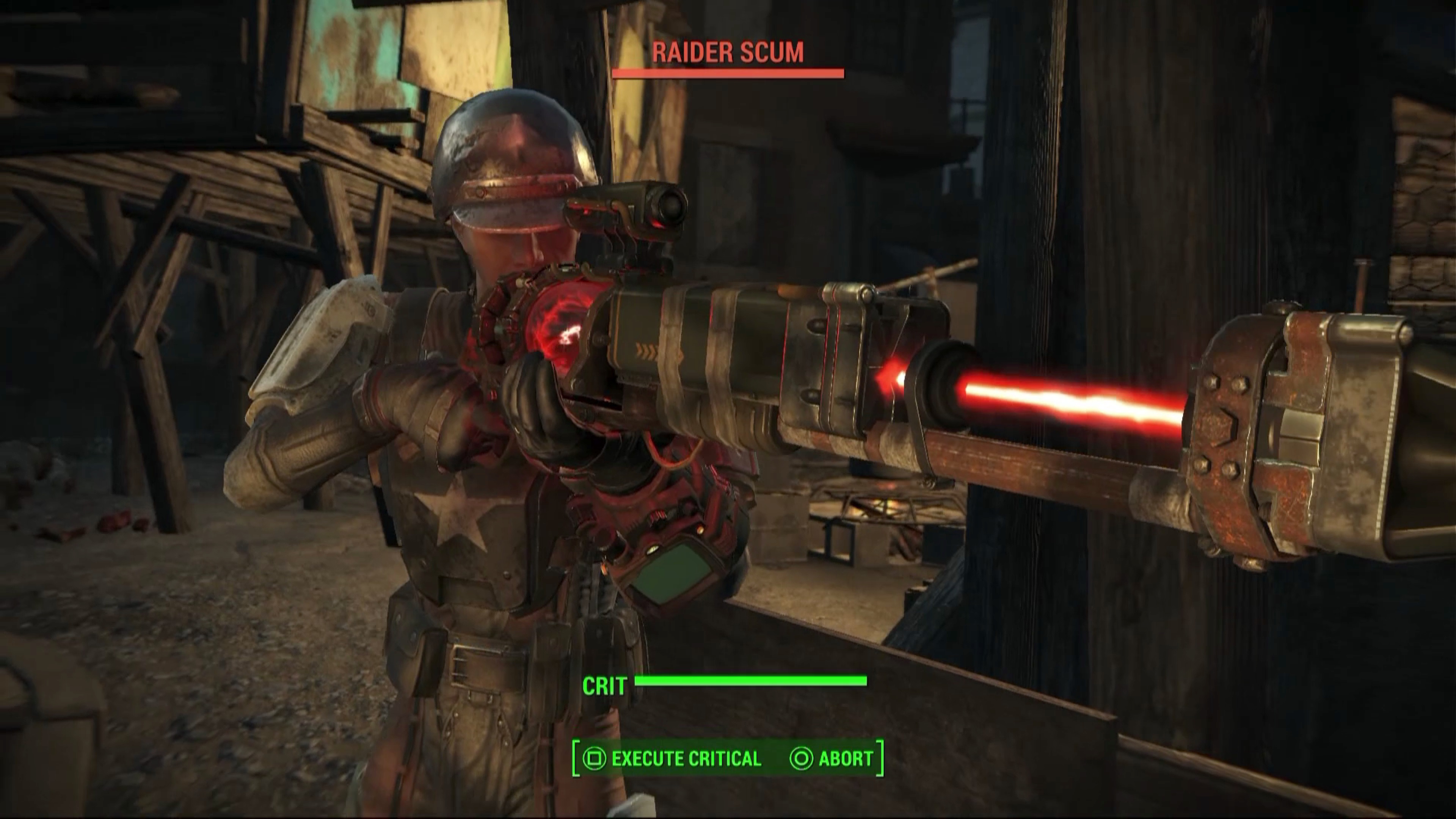

The couples under Anna and Amir’s tutelage at the institute are essentially cramming to pass the love test, and “Fingernails” musters a few laughs from the absurdity of two people trying to convince a giant microwave with an ’80s-era digital interface that they belong together in the hopes that they might believe it themselves.

Nikou tries to have as much dry fun as he can without ever smiling wide enough to show any teeth.

It’s a clever - if airless - premise for a stone-faced comedy about the fluidity of human feelings, which have proven to be an imperfect fit for the inflexibility of social institutions. “Sometimes being in love is lonelier than being alone,” Anna sighs late in the movie, long after she’s begun to question who it is she’s actually in love with. She and Amir are both drawn there because of a mutual fascination with the mysteries of love, a fascination that stems from their private - but obviously shared - desire to square the diagnosed contentment of their relationships with the unspoken longing of their souls. That’s even with co-stars Jeremy Allen White as Anna’s wet blanket of a partner, Ryan, and Riz Ahmed as the handsome stranger who works at the institute that administers the love test, and takes Anna under his wing when she secretly accepts a new job there.
#Another tomorrow fallout movie
That disconnect is personified by and within an unemployed woman named Anna ( Jessie Buckley), who’s introduced sitting in her car and singing along to a radio station that broadcasts nothing but broken-hearted dedications from people to their confirmed no-matches it’s effective world-building, and also compelling evidence that no movie can be all bad if it opens with Jessie Buckley belting out “Total Eclipse of the Heart” at the top of her lungs.Ĭasting definitely isn’t the reason why Nikou’s smirkingly wistful but frustratingly obvious “Fingernails” struggles to stir any feelings of passion. The divorce rate has plummeted, but happiness appears to have plummeted along with it. ‘The Nun II’ Edges Out ‘A Haunting in Venice’ by a Hair in Initial Estimates In other words, it’s just like marriage, but with more external validation. The fallout has been profound and predictable: Most couples that fail the test lose faith in their relationship and break up, while those who pass are so comfortable in the quasi-dystopian promise of their mutual belonging that they start taking each other for granted and quickly sink into an unromantic stasis sustained by the “fact” of their feelings for each other. Set in a drab and slightly retro-futuristic world of tomorrow that’s so light on digital technology it might be mistaken for yesterday if not for some of the pop culture references sprinkled throughout (an early mention of the Spice Girls helps audiences get their bearings), “ Fingernails” begins a few years after the social fabric of life on Earth has been transformed by the invention of a test that scientifically determines whether two people are in love. Everybody gets verklempt at a grand gesture or a mad dash to the airport in the third act, but what happens after the credits roll? What happens when Tom Hanks and Meg Ryan get used to each other and start having circular arguments about emotional labor? That’s another genre altogether.

It’s a secret epitomized (and half-heartedly acknowledged) by the likes of “Love, Actually,” a sprawling matrix of warm and fuzzy crushes in which the only married couple is mired in an unresolvable crisis. Christos Nikou’s “ Fingernails” effectively pathologizes the unspoken secret at the heart of the romantic comedy genre: Falling in love is the easiest thing in the world, but staying in love is something you have to work on every day if you want it to last that long.


 0 kommentar(er)
0 kommentar(er)
